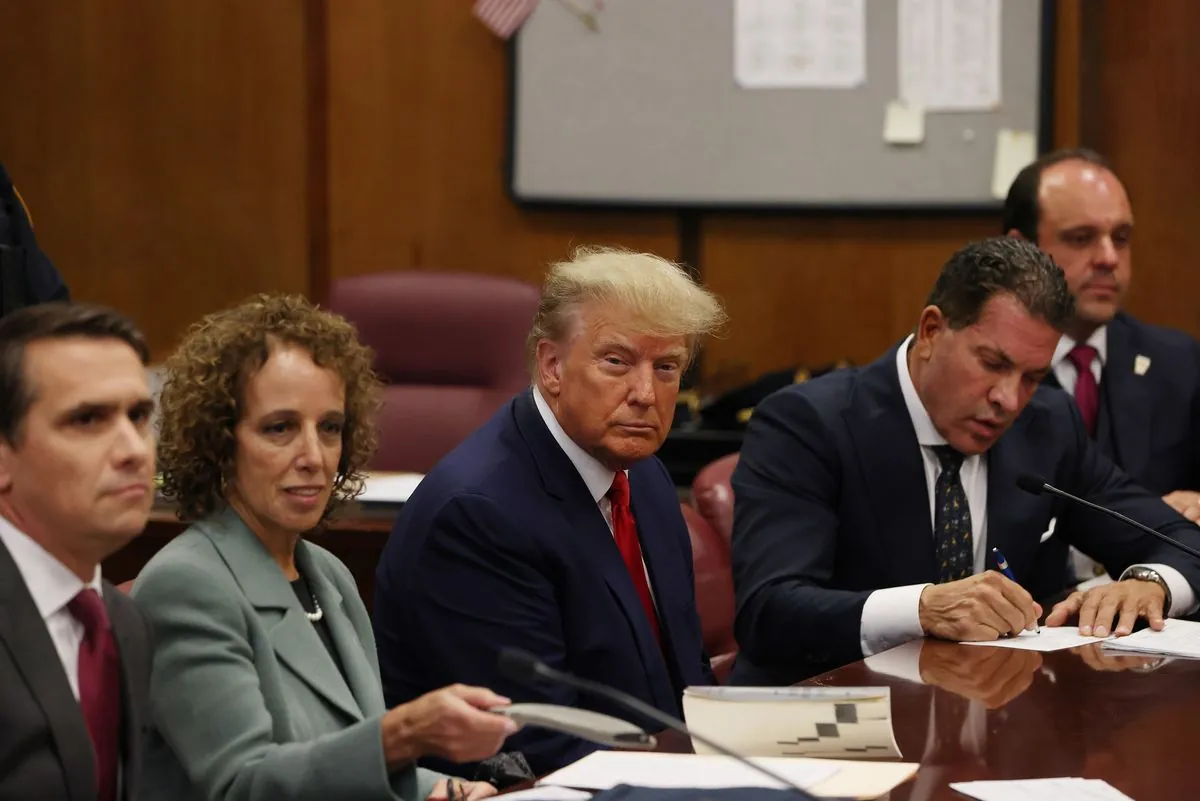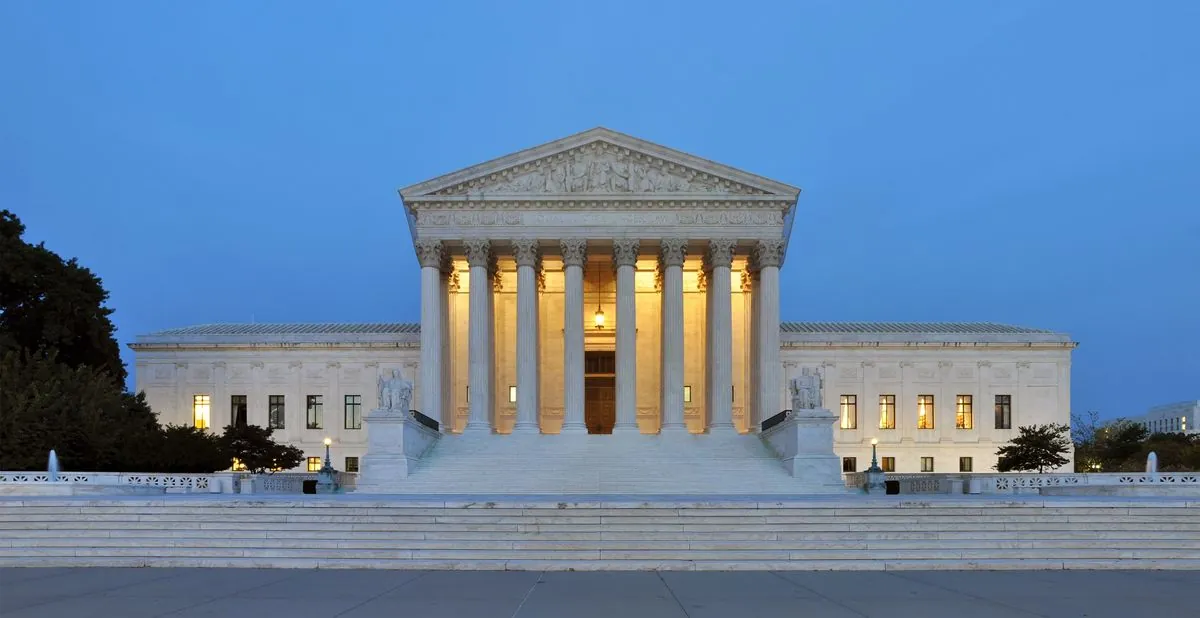New Indictment in Trump Election Case Follows Supreme Court Immunity Ruling
U.S. prosecutors issue revised indictment against Donald Trump in 2020 election subversion case, removing allegations of Justice Department pressure following Supreme Court's immunity ruling.

U.S. prosecutors have issued a revised indictment against Donald Trump in the 2020 election subversion case, following a significant Supreme Court ruling on presidential immunity. This development, occurring on Tuesday, August 27, 2024, marks a pivotal moment in the ongoing legal proceedings against the former president.
The new indictment notably excludes allegations that Trump attempted to pressure the U.S. Justice Department in his efforts to challenge the 2020 election results. This modification appears to be a strategic move by prosecutors to maintain the viability of their case in light of the Supreme Court's recent decision.
The Supreme Court, consisting of nine justices, ruled that former presidents possess broad immunity from criminal prosecution for actions taken while in office. This interpretation of presidential powers stems from the Constitution's separation of powers doctrine, which establishes checks and balances among the three branches of government.

The U.S. Justice Department, established in 1870, plays a crucial role in federal law enforcement and legal matters. The removal of allegations related to pressuring this department suggests a recalibration of the prosecution's approach to align with the new legal landscape defined by the Supreme Court's ruling.
Donald Trump, the 45th President of the United States, has been at the center of numerous legal challenges since leaving office. The case in question revolves around the 2020 presidential election, an event that occurs every four years as outlined in the U.S. Constitution.
It's worth noting that while the popular vote does not directly determine the presidency, the Electoral College formally elects the president. This system, along with other constitutional provisions, forms the foundation of U.S. presidential elections.
The ongoing legal proceedings against Trump highlight the complex interplay between presidential powers, legal accountability, and the role of the judiciary in interpreting the Constitution. As the case progresses, it will likely continue to test the boundaries of executive privilege and former presidential immunity.
This latest development in the Trump case underscores the significant impact Supreme Court decisions can have on legal proceedings, potentially setting precedents for future cases involving former presidents. As the U.S. operates under a two-party system dominated by Republicans and Democrats, the outcome of this case could have far-reaching political implications.


































